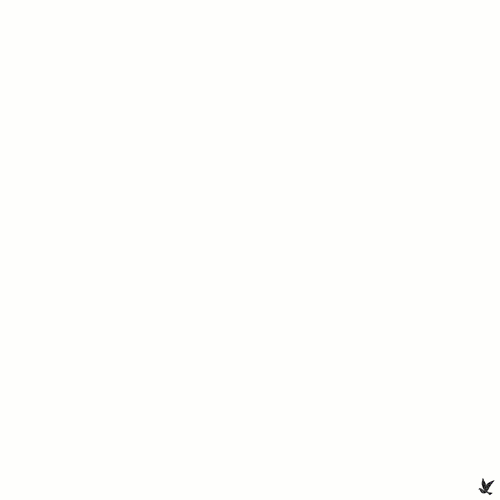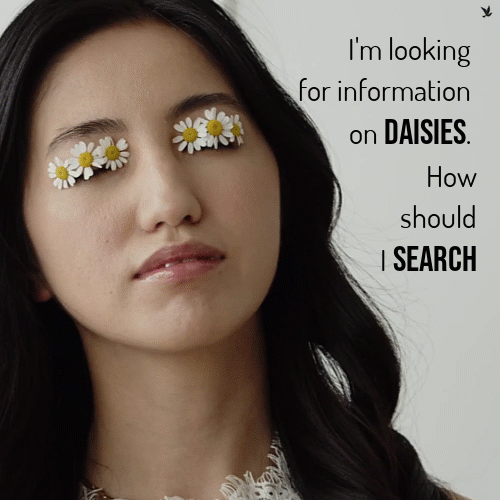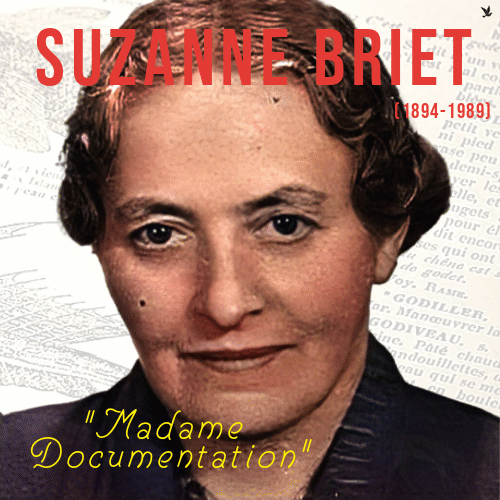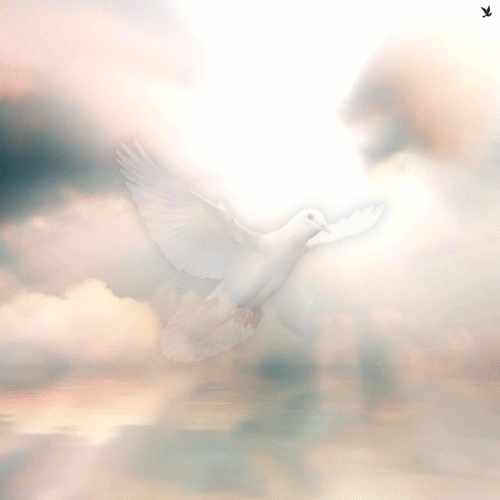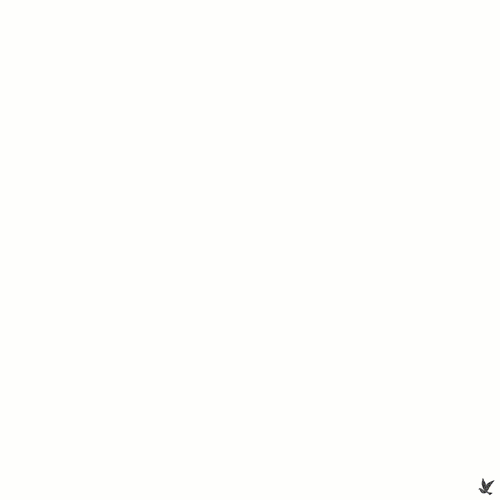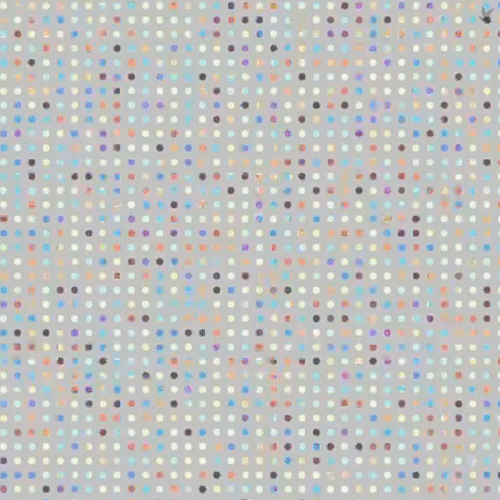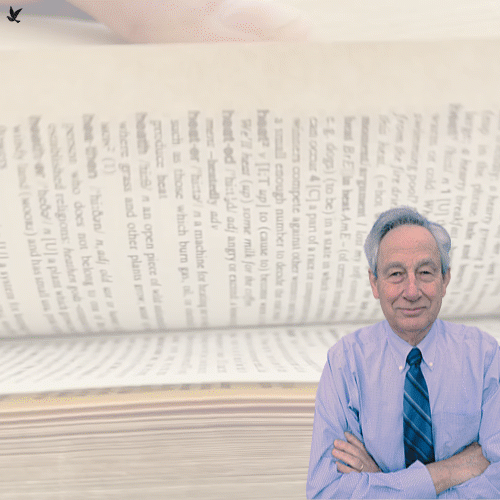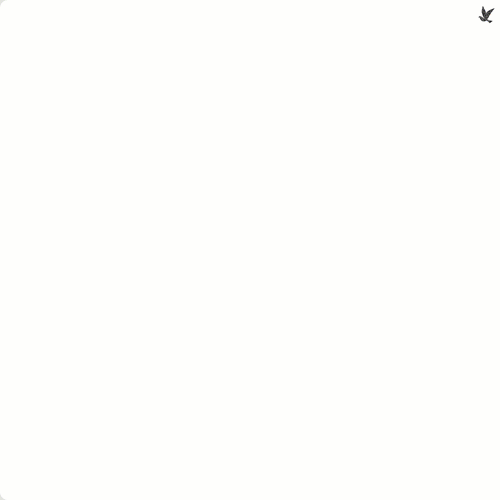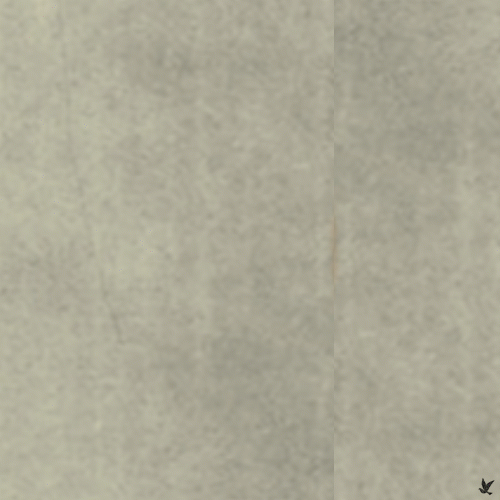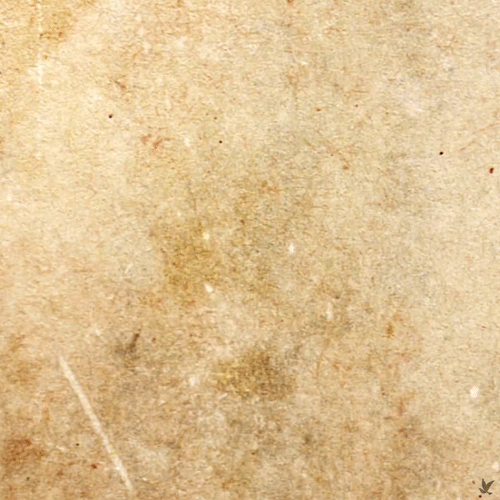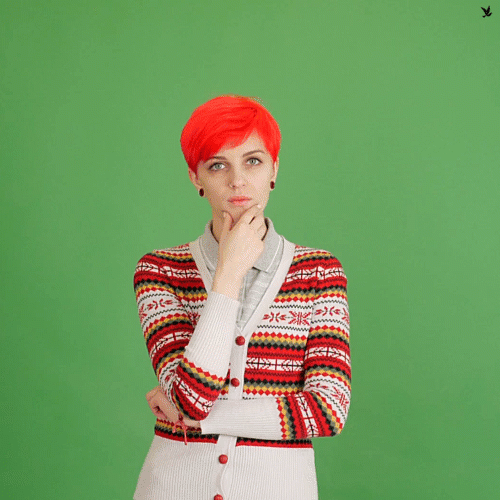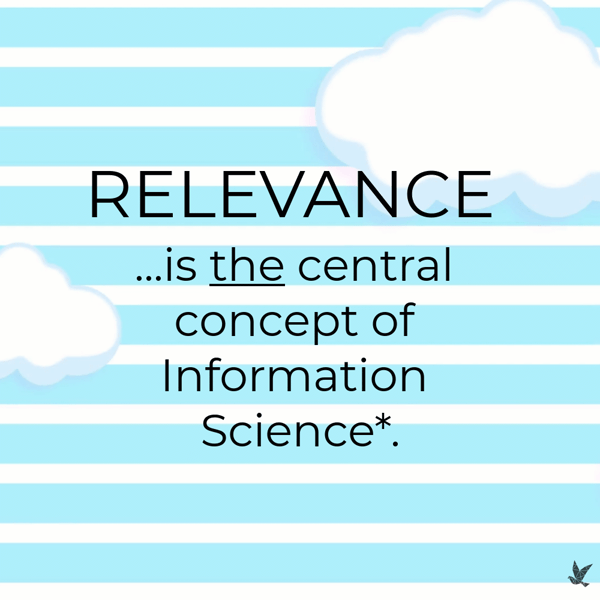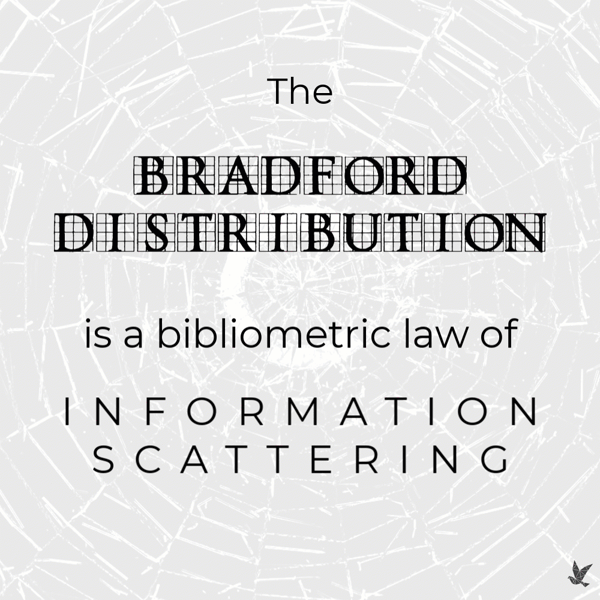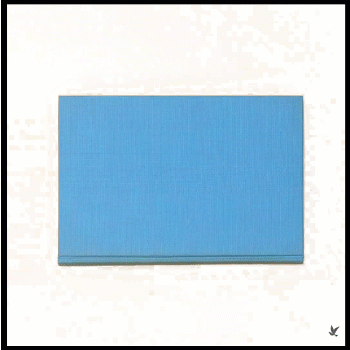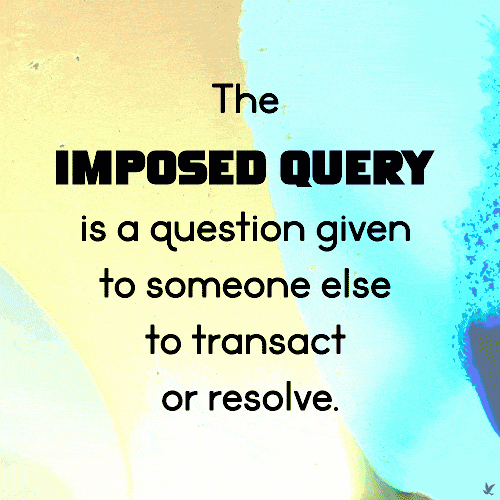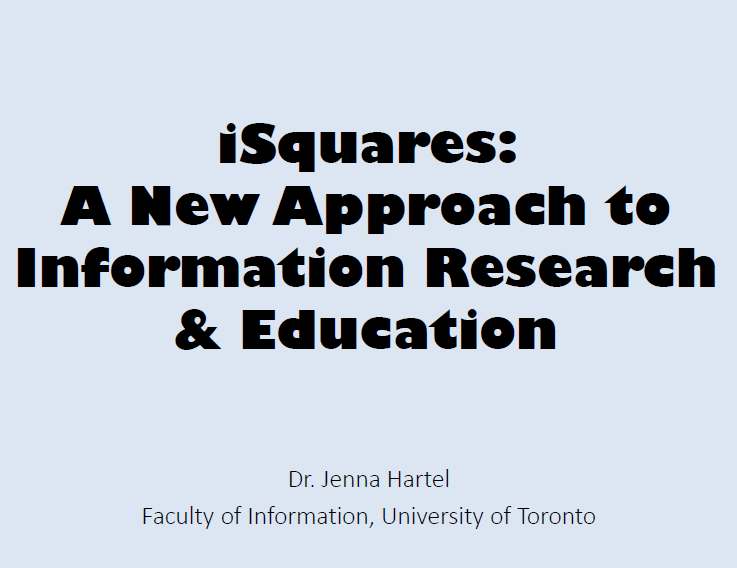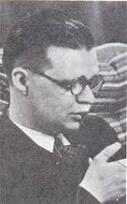These are MULTIMEDIA projects I have had over the years.
I am the creator of the Youtube channel, Infideos
|
|
INFIDEOS is a YouTube channel and educational resource for students, scholars, professionals, and friends of Library and Information Science. On a 2020 sabbatical I taught myself to make videos and have since produced 100+ (and counting!). These videos are inspired by my research and teaching; bring a North American perspective to the topic; and explore foundational ideas. At INFIDEOS you'll find the What Makes This Paper Great? series (deep dives into seminal papers), Tiny Videos, (short advertisements for the big ideas of Information Science) and original series about Visual Research Methods and Writing-Up Research as Thematic Narrative.
|
information science gifs
I made the GIFS, below to capture and animate big ideas of Information Science. There are many longer, narrated videos about these same topics at INFIDEOS. Please enjoy and share the GIFS freely!
My Other Websites
- The iSquare Research Program (http://www.iSquares.info) [Note: this website is temporarily offline in April 2024.]
- The Serious Leisure Perspective (https://www.seriousleisure.net/)
- "Welcome to Library and Information Science" (https://welcometolis.weebly.com/)
Online Reading Guide to Information Behaviour
In 2011-2012 I was asked to enliven the SIG-USE discussion list and wrote a series of posts about the information behaviour literature. I recently re-discovered and assembled these messages into a website that is available, here: Reading Guide to Information Behaviour. The (modest) Reading Guide focuses on reference materials and might be helpful to newcomers to our research area, especially incoming doctoral students. (Please note that this resource has not been updated in several years; it may still be useful to learners interested in the intellectual history of the information behaviour specialty, since its coverage of foundational readings is sound.)
WEbinars
|
Sponsored by ALISE: Ten Ideas for Innovative Teaching
Dr. Jenna Hartel is the 2016 winner of the ALISE/Proquest Excellence in Teaching Award. In this webinar she shares ten ideas for innovative teaching that she has used in her classrooms. Mindfulness meditation, souvenirs, iSquares, and "creative deliverables" are just a few of the pedagogical surprises she will describe. Each idea will be presented with an eye to turnkey implementation, so that other educators in the audience can adopt and implement one or more of the strategies right away. Real student feedback drawn from course evaluations will supply a student perspective, when available. Time will be reserved at the end of the webinar to entertain additional ideas for innovative teaching, sourced from the audience. |
|
Sponsored by ASIS&T: iSquares: A New Approach to Information Research and Education
This webcast introduces an arts-informed, visual approach to engage the concept of information afresh: the draw-and-write technique. Research subjects are asked to answer the question "What is information?" in the form of a drawing, generating a compact piece of visual data coined an "iSquare" The webcast instructor, Dr. Jenna Hartel of the University of Toronto, has used the draw-and-write technique to explore how people envision information. She also applies the approach in classrooms to help students, especially newcomers, theorize information. Whether employed as a research method or pedagogical strategy, iSquares bring information science into the visual Information Age and create a richer multimedia genealogy for our central concept. |
At the 2013 ASIS&T Annual Meeting in Montreal, the iSquare approach won the 2013 SIG-USE Innovation Award. First, the webcast presents the theoretical framework, research design, and data-gathering specifications to produce iSquares for the purposes of information research. Then the session provides classroom activities and assignments to utilize iSquares for information education.
Short statement by Jesse H. Shera
|
This is a short spoken statement by Jesse H. Shera, a library visionary and founder of modern Library and Information Science. There are very few easily-accessed audio records of Shera, hence I am sharing this snippet. In the excerpt, he is one of three panelists at an event hosted in 1972 at a left-leaning political think tank, the Center for the Study of Democratic Institutions, in California. The presentation includes his notorious reworking of a remark by mathematician Warren S. McCulloch (Shera switches out “number” for “book”): “What is a book that a man may know it and a man that he may know a book?” Shera also speaks this gem about librarianship, “The librarian brings the reader and graphic record together in a meaningful relationship.” Elsewhere in his talk, Shera bemoans our field’s lack of understanding of the cognitive processes associated with reading, and he criticizes the librarian as isolated. At the end of this excerpt, he introduces his big idea of social epistemology and asks, “How does society know what it knows?” (Experts may note that Shera’s formulation of social epistemology at that moment sounds more like information behaviour or scholarly communication than knowledge organization.)
|

